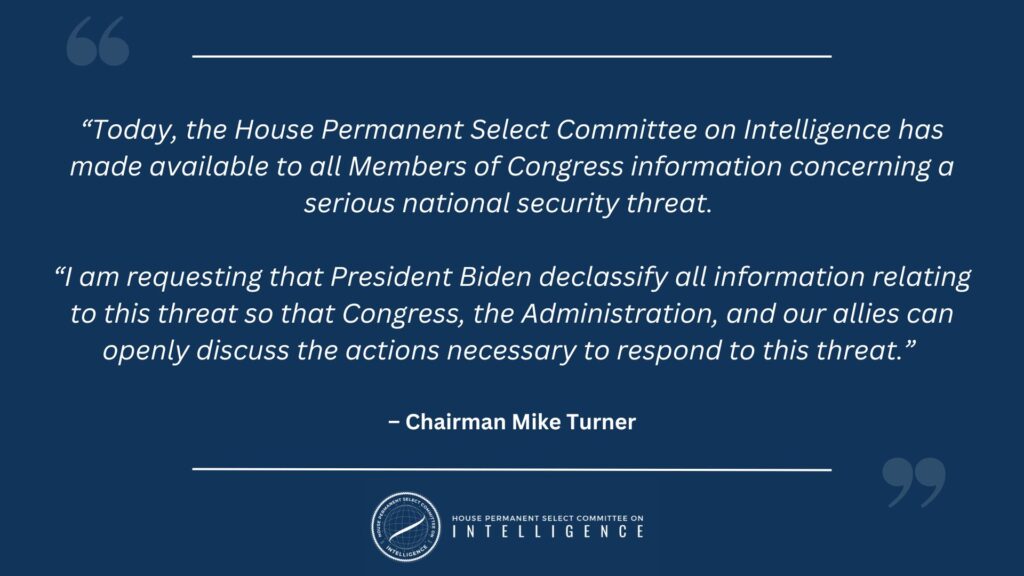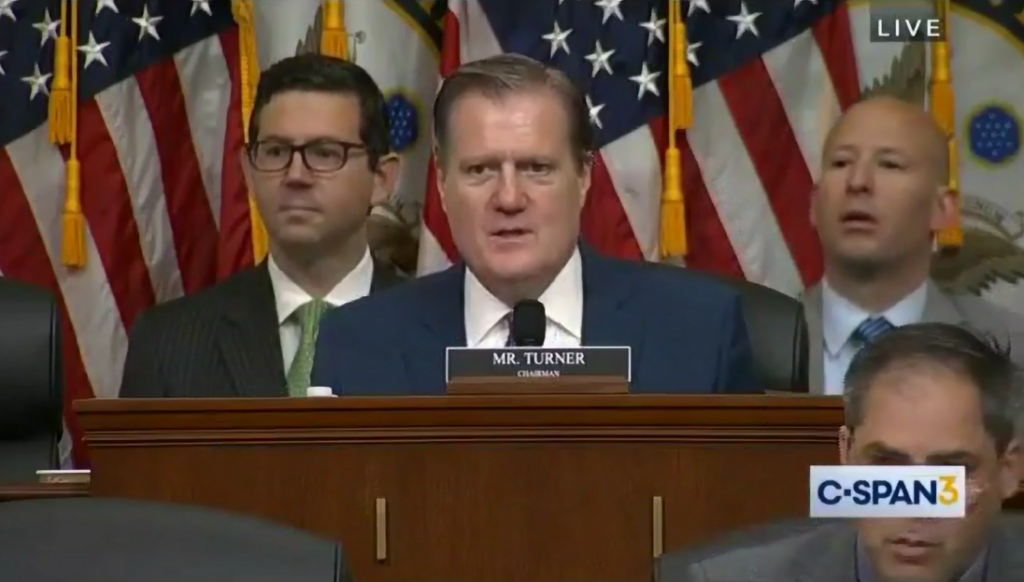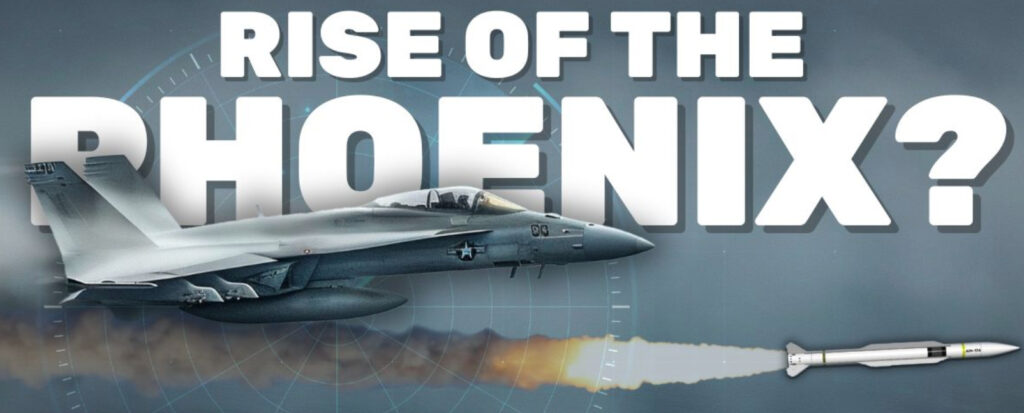On Wednesday, House Intelligence Committee Chair Mike Turner relayed information related to what’s being described as a “serious national security threat” to members of Congress. Unnamed sources cited by CNN confirmed that this notification pertains to what “is, in fact, a highly concerning and destabilizing” Russian capability “that we were recently made aware of.”
According to multiple other unconfirmed sources, the threat is related to Russian efforts to develop a space-based nuclear weapon that, if detonated, could wipe out the world’s satellite infrastructure; this could have crippling effects on multiple industries and even entire populations.

While this certainly suggests a serious concern for Defense officials and lawmakers alike, official reports also suggest that the national security threat in question is not imminent. Rather, the developing information concerns emerging Russian military capabilities in space that the American Defense apparatus will need to address in the long term.
“I want to assure the American people there is no need for public alarm,” House Speaker Mike Johnson said at the Capitol. “We are going to work together to address this matter, as we do all sensitive matters that are classified and beyond that, I’m not at liberty to disclose classified information and really can’t say much more, but we just want to assure everyone steady hands are at the wheel, we’re working on it, and there’s no need for alarm.”
To that end, White House officials have similarly stated that while the threat appears serious, there are ways to “contain” it without triggering mass panic. Of course, despite these reassurances, social media platforms like TikTok were soon flooded with hyperbolic discussion, with some claiming that “the more they say not to panic, the more I’m going to panic.”
While more details about this threat are sure to be released in the coming days, expert assessments suggest the nature of a space-based nuclear weapon does not call for greater concern over Russia’s existing nuclear arsenal, which includes large-yield intercontinental nuclear missiles in sufficient volume to overwhelm American missile defenses. This is not a new development, but rather serves as Russia’s end of the long-term nuclear deterrent strategy known as Mutually Assured Destruction.
Russia has previously demonstrated more localized anti-satellite capabilities with a direct-ascent hit-to-kill anti-satellite (ASAT) missile test conducted on November 15, 2021. While such a weapon is designed to engage only a single satellite, the Russian military could potentially use a small number of these weapons to destroy a series of satellites to set off a chain reaction of debris impacts across the world’s entire satellite infrastructure. This orbital doomsday scenario is known to many as the Kessler Syndrome, named for the NASA scientist Donald J. Kessler, who first proposed the possibility in 1978.
While recognizing Russia’s existing ability to wreak havoc on the world’s satellites may not seem like a soothing thought, it serves as a reminder that such capabilities are developed not as tactical weapons, but rather as strategic deterrents. Whether done via a new orbital nuclear weapon, large-scale electromagnetic pulse (EMP), or a series of kinetic missile strikes, such an attack on the satellites the world relies on for everything from navigation to communications and even commerce would negatively impact the entire developed world — Russia included. Put simply, the value of weapons like these is derived not through their use, but rather, through the threat of their use during diplomatic negotiations and contingency planning.
Or as Rep. Jim Himes of Connecticut put it on Wednesday, “It is a serious national security issue in the medium-to-long term that the Congress and the administration need to focus on…But no need to buy gold.”
Read more from Sandboxx News
- V-22 Osprey is facing an uncertain future despite its unique capability
- All about the Army’s Athlete Program sending a marathoner to the Olympics
- 3D printers could print the future face of war
- Why did the Army scrap its $2.4 billion FARA helicopter?
- The CIA evolves: Technology and strategic declassification





